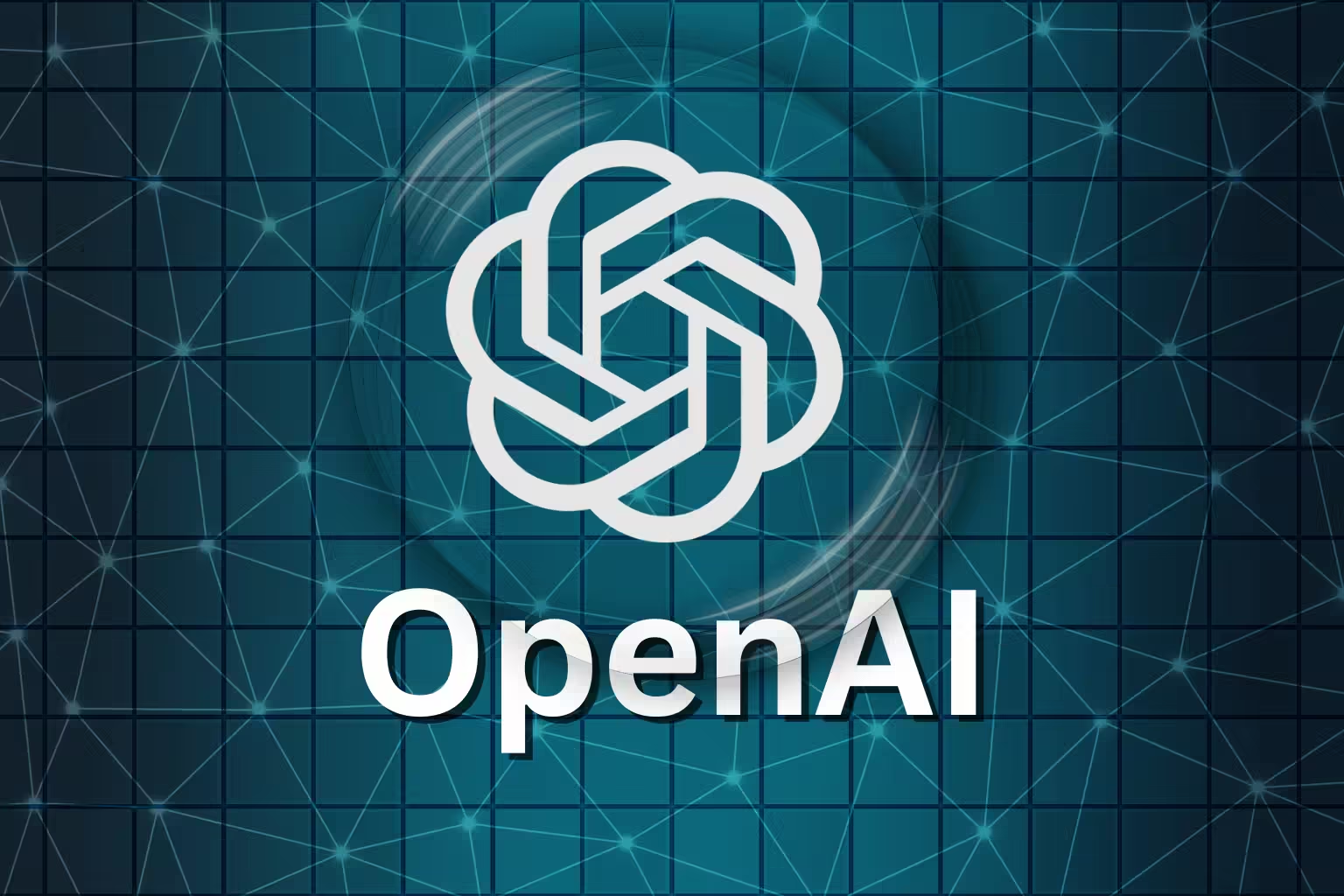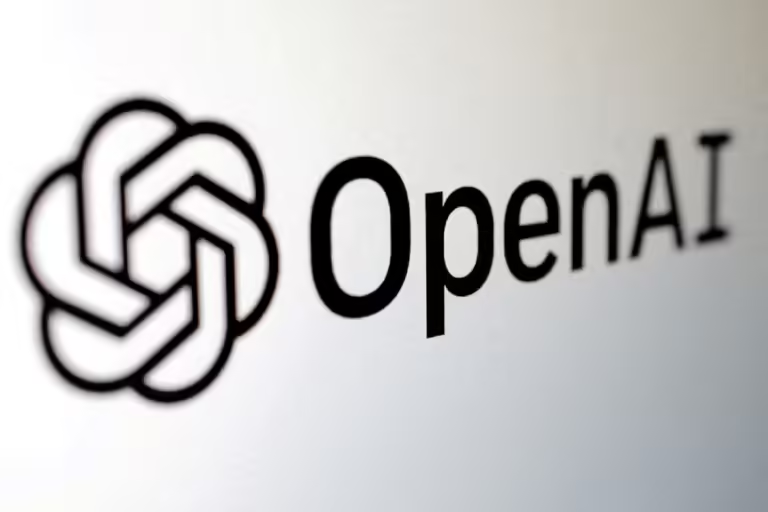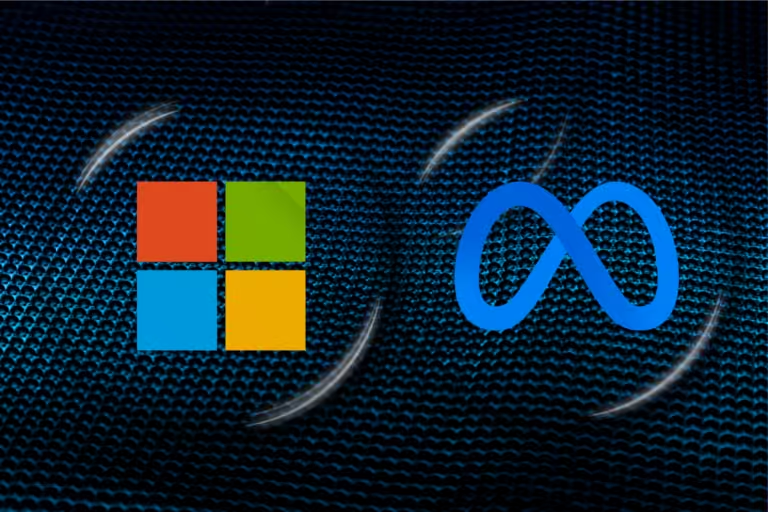
OpenAI Launches SimpleQA: A New Benchmark for Measuring AI Model Factuality
To improve the factual accuracy of AI-generated content, OpenAI has now developed a new tool known as SimpleQA to check the factual reality of language models.
OpenAI has released SimpleQA, an open-source AI measure that checks how factually correct language models’ answers are. This is an effort to solve the ongoing problem of AI “hallucinations,” which happen when models give wrong or misleading information. With a library of 4,326 questions covering history, science, and technology, SimpleQA is designed to get even the most advanced models, like GPT-4, to give correct answers. The questions are short, factual, and have only one clear answer.
SimpleQA is different from other benchmarks as it consists of questions that were designed to be posed to current AI models on purpose. All the questions suggested for primary assessment were reciprocally assessed by two trainers a priori to the study to reduce variability and maintain clarity of expression, and to include only clear yes/no questions. A classifier using ChatGPT then assigns the answers as ‘correct’ ‘incorrect,’ or ‘not attempted,’ which simplifies the accuracy evaluation, thereby increasing data veracity.
The results of this factual benchmark set a high bar for language model development. They show that current models, like GPT-4 and Claude-3.5, still have a hard time with accuracy, getting only 38.4% correctness.
By doing this, SimpleQA gives important information about how to calibrate models, showing that AI models often show a lot of confidence even when they are wrong. SimpleQA’s F-score, which is based on precision metrics, shows where models overstate their trust. This shows how important the benchmark is for showing where modern AI systems aren’t as accurate as they could be.
SimpleQA is an open-source tool being released by OpenAI because the firm aims to assist in the development of efficient AI language models. This is especially important as people rely more and more on AI for knowledge. Not only does the benchmark hold the potential for future model changes, but it also serves as a call to action for making language models that put factual consistency first. With its eternal design and questions that have been checked to stay useful over time, SimpleQA looks like it will be a long-lasting tool for making AI more trustworthy.


